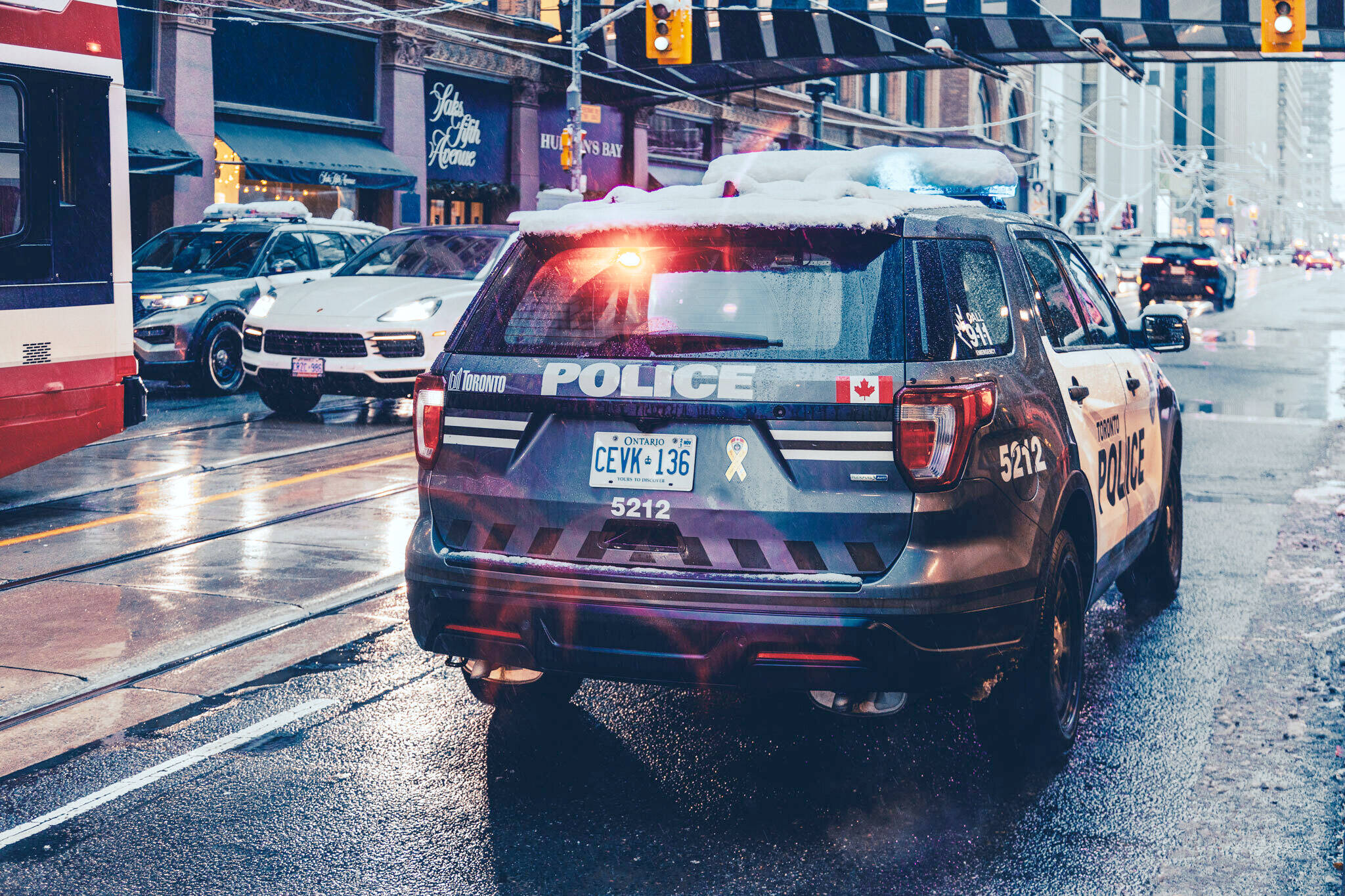
Toronto plans to decriminalize drugs for personal use and here's how this will work
Toronto is on the way to making a landmark decision to decriminalize all street drugs in quantities small enough to be considered for personal use, and has issued a new framework detailing what it will focus on when it eventually issues its formal appeal to Health Canada to make it happen.
As part of a new public health approach to addiction rather than one that relies on policing, the city has proposed three main goals:
- Increasing funding of health and social supports to impacted individuals;
- Helping to establish some sort of national framework to decriminalize possession for personal use;
- Working towards decriminalization within city limits specifically.
Drug production and sale will still, of course, be prohibited and punishable by law.
This is all in response to the record high number of overdoses in T.O. lately — which have increased a staggering 81 per cent in the last year — along with the fentanyl crisis and other forms of ultra-potent opioids hidden in the city's supply.
"Substance use is a health issue, not a criminal issue, and requires a public health approach to remove structural barriers to accessing health and social services, provide alternatives to the toxic drug supply, and expand services," the city writes in a release on the topic.
"What began as an opioid poisoning crisis is now most accurately described as a drug poisoning crisis. The criminalization of substance use and the stigma and discrimination experienced by people who use drugs are barriers to accessing health and social services."
RNAO urges the Toronto Board of Health to vote in favour of decriminalization of the possession of small amounts of drugs.
— RNAO (@RNAO) November 29, 2021
Criminalizing drugs increases stigma & decreases access to health services for those seeking assistance.@TOPublicHealth @epdevilla @DorisGrinspun pic.twitter.com/MzYPQrHClU
The Board of Health will be considering the new, more detailed recommendations at its meeting on Dec. 6, and the move already has the support of the Toronto Police Service and groups like the Registered Nurses' Association of Ontario.
Other important points on the agenda include increasing the number of consumption and treatment service centres in the province (currently capped at 21), reinstating funding to integral overdose prevention sites, expanding funding for supervised consumption sites and increasing pay for frontline harm reduction workers.
As Health Canada oversees the Controlled Drugs and Substances Act, the city is in the process of requesting an exemption to the laws under the act, as initially suggested by a report by Toronto Medical Officer of Health Dr. Eileen de Villa.
More and more drug charges are being dropped as Toronto considers decriminalization https://t.co/cFfxzgyxkp #Toronto
— blogTO (@blogTO) September 7, 2021
Since the conversation about decriminalization has been revived, a staggering 85 per cent of drug possession charges in Ontario have been withdrawn or stayed before going to court — up 40 per cent from the year prior.
Jack Landau
Latest Videos
Latest Videos
Join the conversation Load comments







